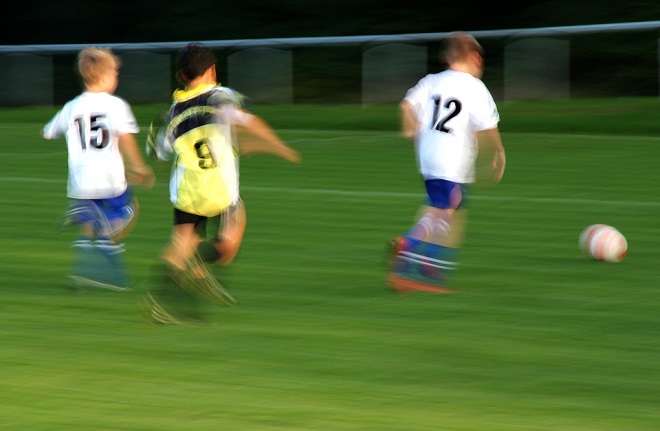Project Background
Empirical studies underscore the positive influence of structured leisure activities on children and young’s various developmental outcomes, including enhancement of quality of life, social networks and self-efficacy; civic engagement and future life chances and working life opportunities in adulthood; and prevention of social marginalization as well as mental health and problem behavior.
Several studies have demonstrated a clear correlation between participation and levels of economic, social and cultural capital in the family. However, there is a lack of knowledge about mechanisms that lead to inequality in participation and how these evolve across time and contexts.
Project Aim
The project (ICYVOL) investigates the factors that beyond individual and family resources generate inequalities in children and youth participation in organized leisure activities. Indeed, children and youth participation in organized leisure activities has positive effects on their psycho-social development and life chances and contributes as well to the prevention of health and social problems. However, children and youth participation in organized leisure activities declines with their age and varies considerably across socioeconomic and ethnic groups.
Examining inequalities beyond individual and family resources entails taking into account aggregated socioeconomic factors at the neighborhood level, the supply of activities by local voluntary organization, as well as the effects of national and local public policies.
To this purpose, the project:
- Firstly, investigates the effect of neighborhood inequalities on participation in organized leisure activities.
- Secondly, it examines the organizational barriers and drivers of participation at the local level.
- Thirdly, it studies the influence of national and local policies on participation in organized leisure activities, looking particularly at the local implementation of the “leisure-card”—a voucher scheme to spend on leisure activities.
- Finally, the project—in cooperation with partner municipalities (Oslo and Haugesund) and partner voluntary organizations (Frivillighet Norge and LNU)— elaborates a practical toolkit that will support practitioners’ learning and innovation capacities.
Project Approach
For this purpose, the project uses survey and census data combined with qualitative investigations based on interviews and documents analyses, at the individual and local community levels. Additionally, it uses use a quasiexperimental design in relation to the current implementation of the “leisure-card” scheme.
Project organization
- WP1: Explanation of differences in participation and barriers in leisure activities among young people in Norway - individual and contextual characteristics.
- WP2: Structural effects of the organizations' local composition and strategies for the inclusion of young people in different neighborhoods.
- WP3: Local and national policies for the inclusion of young people in volunteering and leisure activities.
- WP4: Knowledge building and development of a diagnostic tool for analysis and improvement of strategies for the inclusion of children and young people in organized leisure.
Approach to collaboration
Interactive research: ("research with those involved"):
- Knowledge development in interaction between researchers and practitioners within the framework of a system that contributes to mutual learning.
Interactive research's threefold goals:
- Scientific: contribute to long-term knowledge and theory development
- Practical: contribute to development and change processes in organizations
- Pedagogical: contribute to joint competence development between researchers and practitioners
Subcontractor in the project, the innovation studio Æra Strategic Innovation (ideal consulting company) will facilitate the interactions between the research team and the field of practice (partners and local actors) and will contribute to the preparation of the diagnostic tool.


